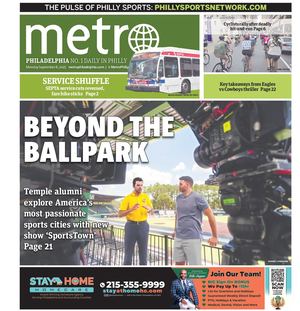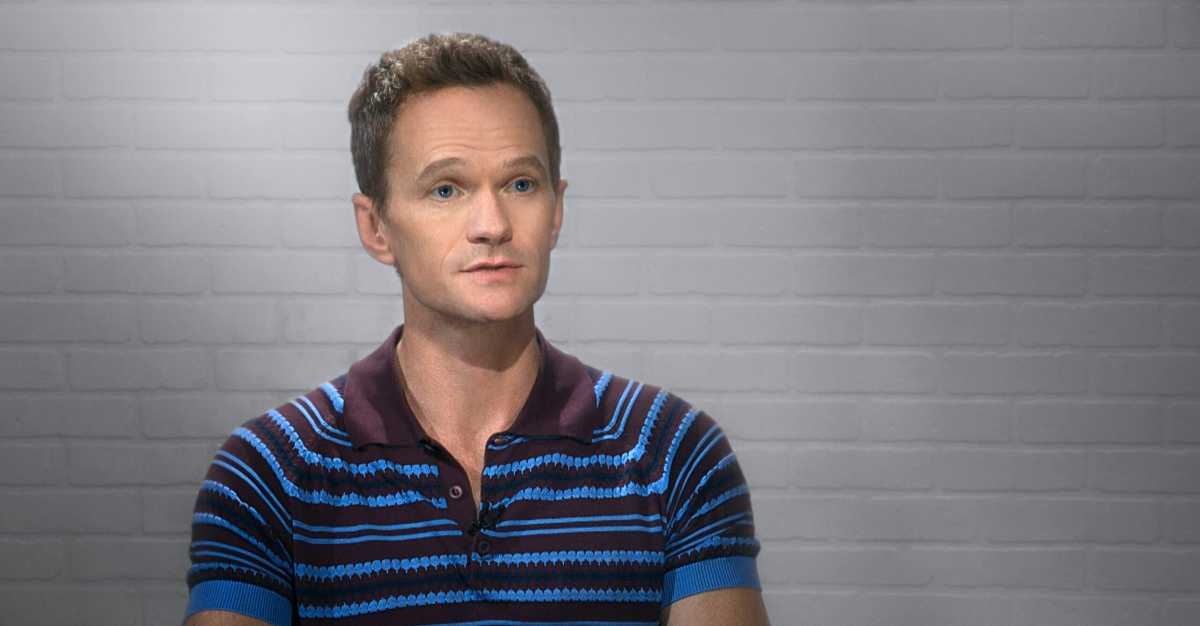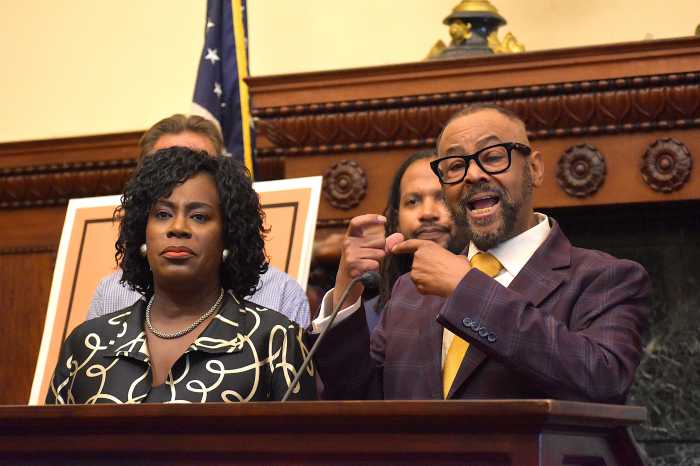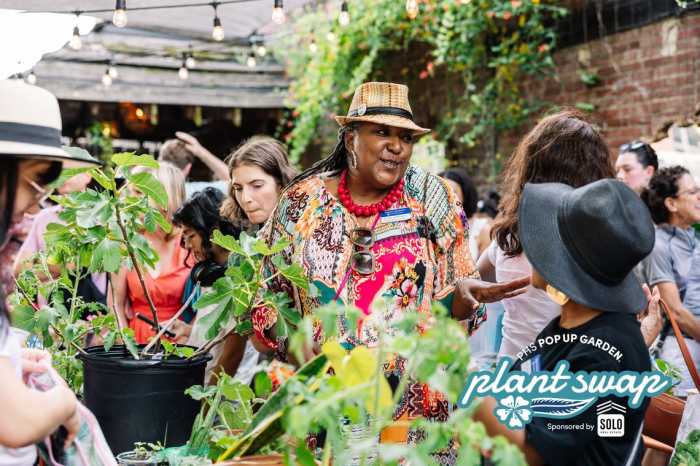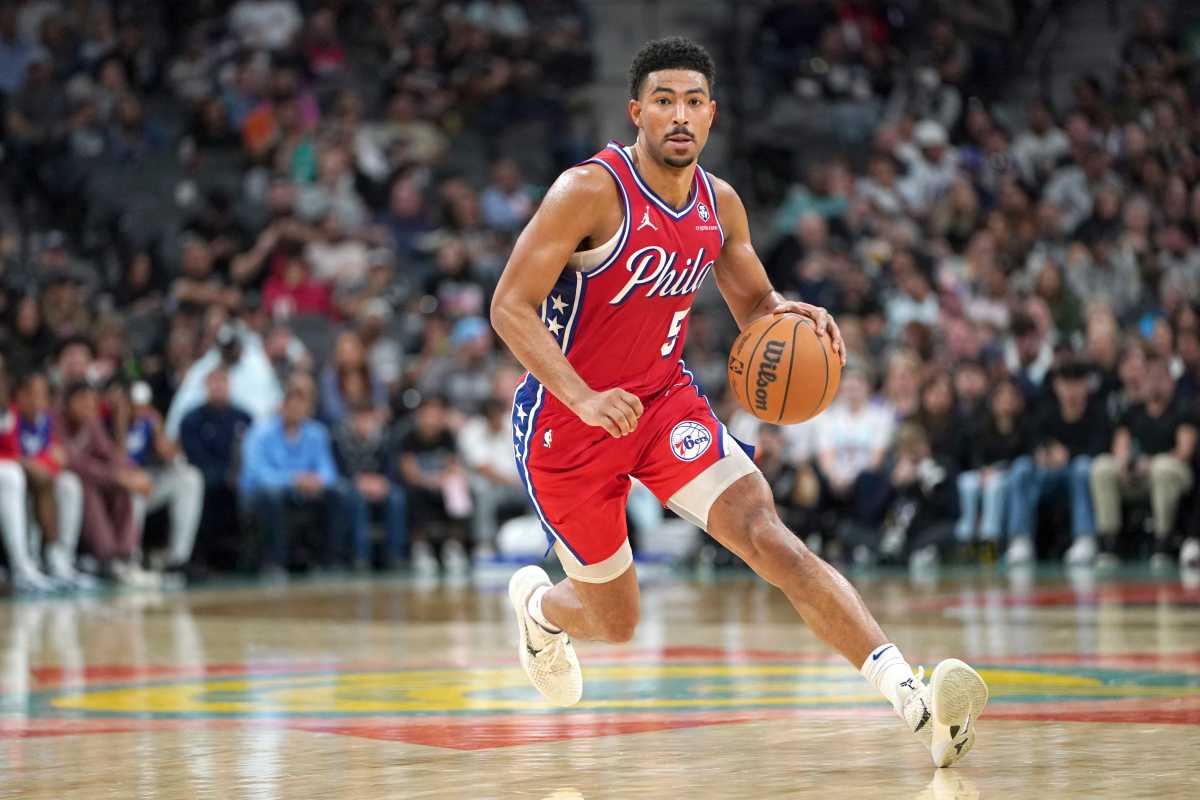Television is seen as a form of entertainment for many people, and it is, but it’s also a very powerful tool that can be utilized for all generations. When it comes to the LGBTQ+ community, TV has acted as a tool both positively and negatively with its impact affecting audiences on a global level. That impactful reach is exactly what Apple’s new series “Visible: Out on Television” investigates.
“Visible” features interviews from dozens of celebrities who have had a hand in television’s influence and have lived through the many highs and the many lows. Each interviewee offers up personal experiences, insight and more into the cultural phenomenons that have happened since TVs inception in regards to the LGBTQ+ community.
Ryan White who directed and served as an EP on the series sat down with Metro to discuss more on what went into making the show, why it’s personally important to him and to dive into ultimately what he hopes audiences take away from “Visible: Out on Television.”
When did this particular project first come to your project and what made you decide to sign on?
The project had actually been in the works for over a decade—not with me. One of our producers is a guy named David Bender who has been trying to get the series off of the ground for a really long time and had been doing a ton of research and a lot of interviews but hadn’t found funding or a home for it. A couple of years ago, he and Wilson Cruz, another one of our EPs, took the idea to Apple, and they loved the idea but wanted to hire a documentary filmmaker to come in and create the series out of it. That’s when they contacted me, which was about two years ago, and that’s when I came on board to direct and EP it.
What was the process like putting all of these interviews together to create “Visible: Out on Television”?
It definitely was not start then stop—once we had the green light from Apple it allowed us to put together a really big team to start working on it right away. We had a ton of researchers, a ton of production and editors all working on this project. We were editing concurrently with shooting, because one of the biggest challenges was to get celebrities to say yes within their busy schedules to do the interviews. So it’s not like we did all of the interviews and then edited the series, we were doing it all at the same time. But with the structure of what the five episodes are about didn’t even really take shape until more of the end of editing, because oftentimes the interviews were dictating what we would include in the series. If a lot of people were talking about a certain show, we would then research that storyline even more and try to process it out in the editing room. So it was a very fluid and all at once process.
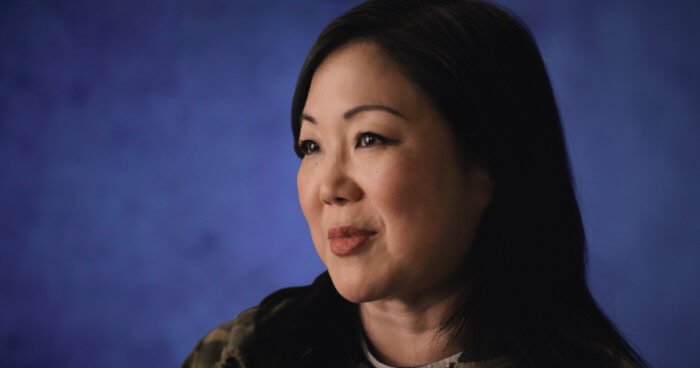
It sounds like a really interesting project for you to work on.
Yes, it was, and just a meaningful project to work on. It’s very outside of my wheelhouse with the types of films I normally make. I’m usually following something unfolding. So, my initial instinct when I was first offered the job was to turn it down just because of the type of filmmaking I typically do and I knew it was mostly going to be historical and archival looking back. But once I said yes, and having finished it, I’m so pleased to have been a part of it because it’s an incredible and meaningful project. I’m actually a little surprised with how people are reacting to it and how useful it is to audiences because I think everybody grew up on television, so there are parts of the series that will resonate with every generation.
While working on this, did anything stand out to you in particular that you learned?
Oh yeah, I was learning in every interview. I’m 38, so when I was interviewing people my age, which was only a handful, those people were talking a lot about television that was formative for me, which was basically 80s and early 90s—my adolescence of watching television. But everyone else was from a different generation either older or younger, so I feel like my biggest job with this documentary, more so than any of the other films I’ve made, was to just listen and be open to hearing things that I’ve never heard of. A really good example of that is Raven Symoné. I grew up with her as the little girl from “The Cosby Show,” and she was still famous to me as that. Then talking to some of the younger trans actors, they would start talking about how formative “That’s So Raven” the Disney show was for them. So it was eye-opening learning about all of this other television that maybe I didn’t digest or hadn’t watched.
What were some of the most rewarding aspects of working on this particular series for you?
On the surface level, it was very special to sit down with all of these people, all of whom I look up to in some way. For instance, to sit down with Ellen Degeneres and tell her story was just incredible. But I think the thing we were really careful about in crafting the series is to not be too self-congratulatory or to not treat it as if it’s like a victory lap like representation has reached the pinnacle. We touched on a lot of aspects of history, especially showcasing when it was one step forward and two steps back—you know, showing in episode two all of the progress made in the 70s, then when you get to episode three it shows how that was all torn down by the AIDS epidemic. That to me was something we worked very carefully on. We, of course, celebrate the heroes of television and of the movement, but we also wanted to remind viewers that we’re just not totally there yet.
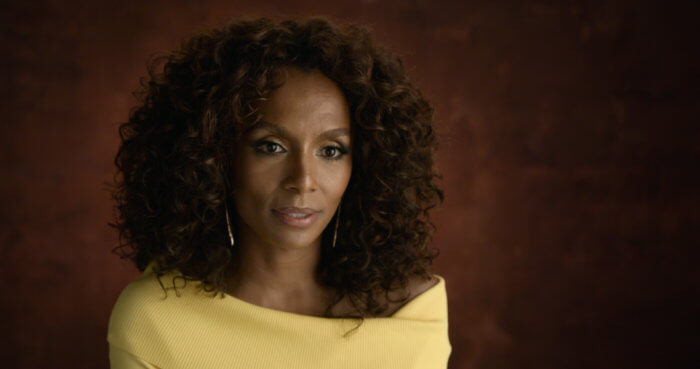
Do you think this series will be re-visited years down the line?
Maybe—I don’t want the series to feel like it has a firm ending. I knew that we were just releasing our series at some point and it was a snapshot into history at that moment that we had to lock all of our episodes on. So even since I had to finish the series, there’s been so many things that I’ve read about or heard about where I think ‘oh, I wish I could have included that’ or ‘I wish that would have happened while we were shooting’. History is still unfolding and television is going to continue to do groundbreaking things and will continue to make mistakes and hopefully learn from mistakes. So I think it would be great if this is seen as a record for a moment in history and continue to be added too.
Overall what do you hope audiences take away from the series?
Broadly speaking, I hope that the series is inspiring. Someone had asked me if the show was optimistic about television or pessimistic—and I think it’s both. But my hope in both cases, where the power of television can be used both positively and negatively, is that the storylines in both of those aisles people can take inspiration from to continue to use some of the tools that television brings, but to also not make the same mistakes that have been made in the past. From a more practical standpoint, I hope people take away how important it is for people to tell their own stories. It’s something that I learned a lot when making this series being someone from the community myself. The community has a lot of diversity within it and so many of those intersections and identities within there are still incredibly underrepresented—on camera sure, but also off camera with people who get to be the ones who are writing the stories or the ones who are lighting the sets. That’s something we need to continue to push.
“Visible: Out on Television” is available to stream now through Apple TV +
